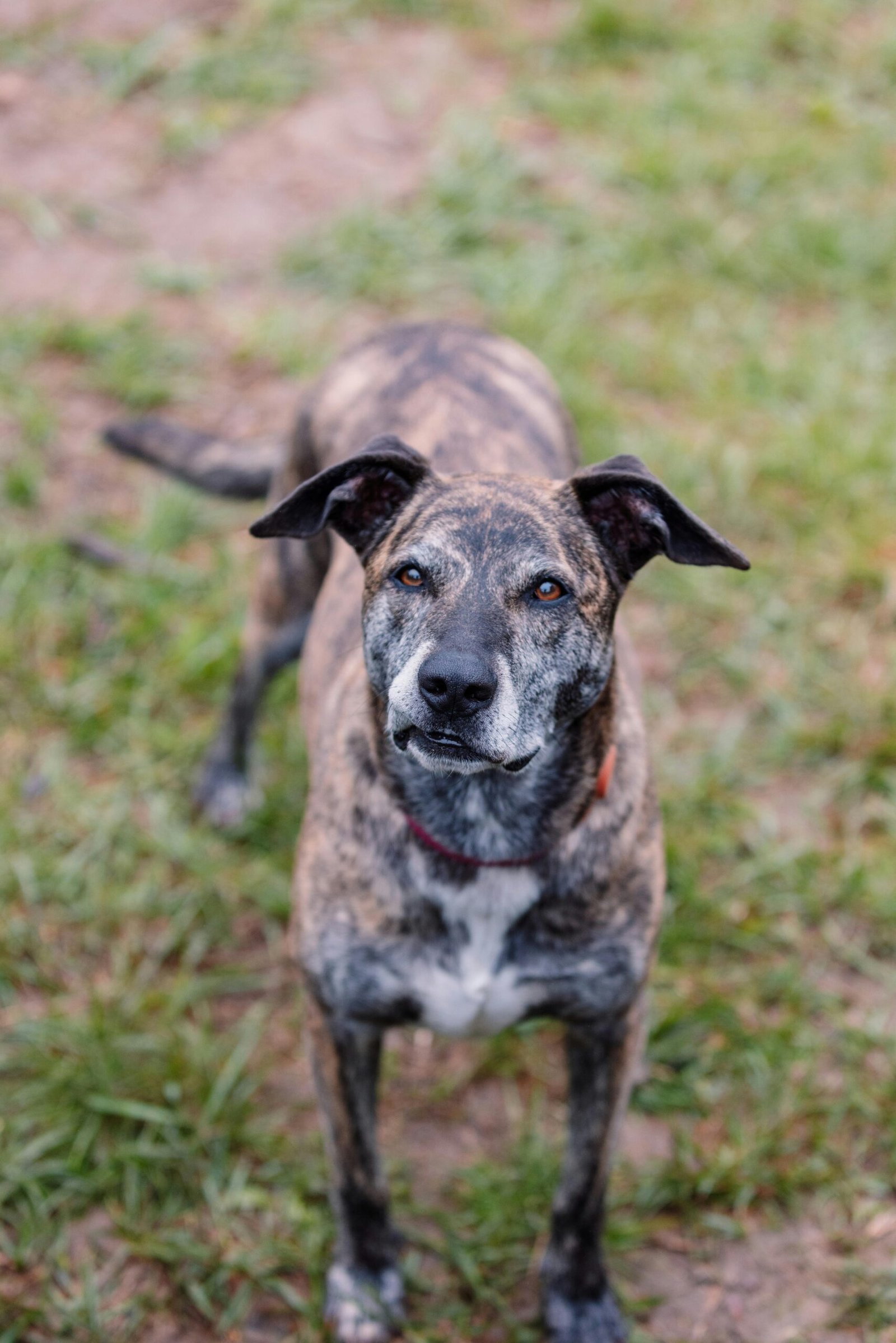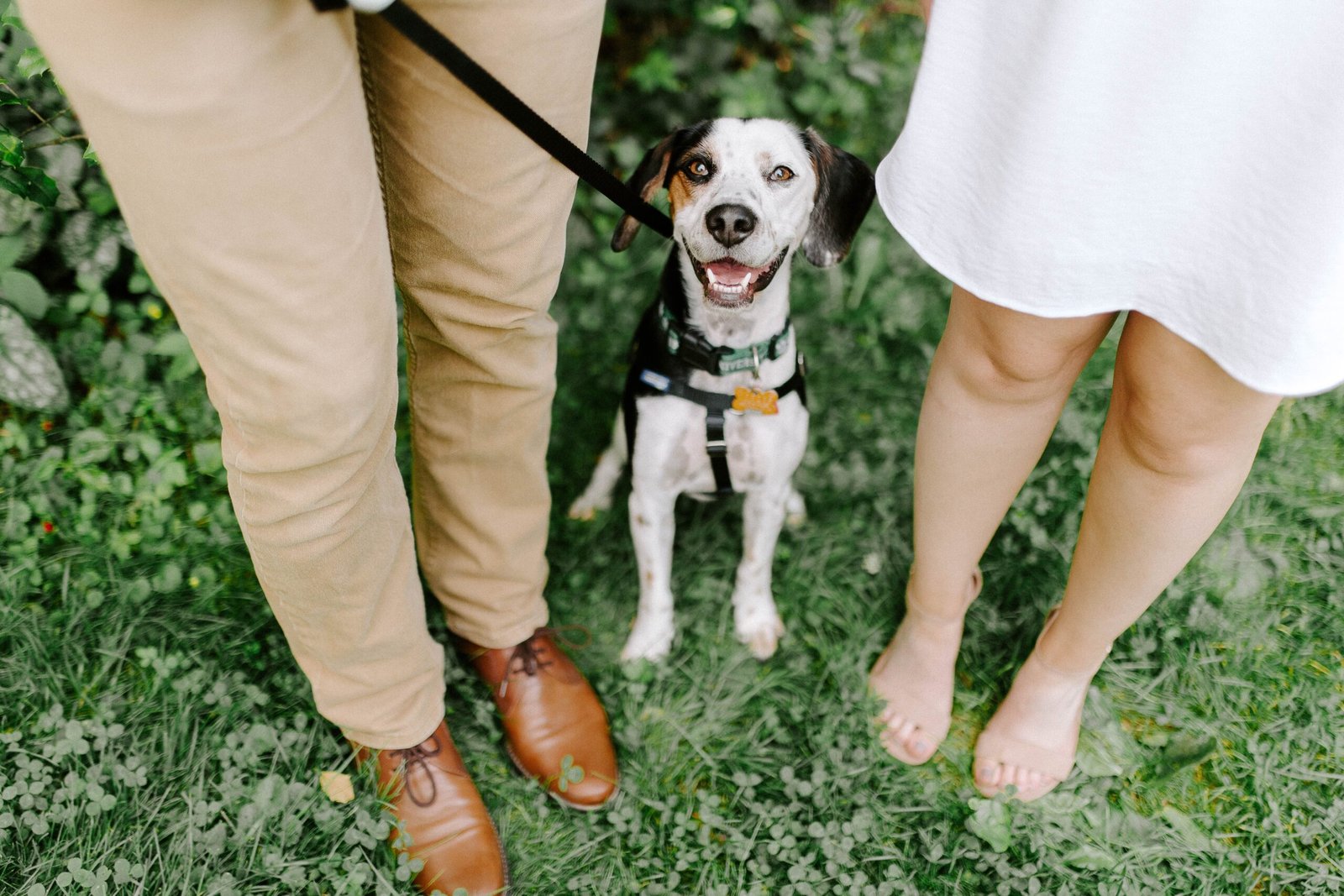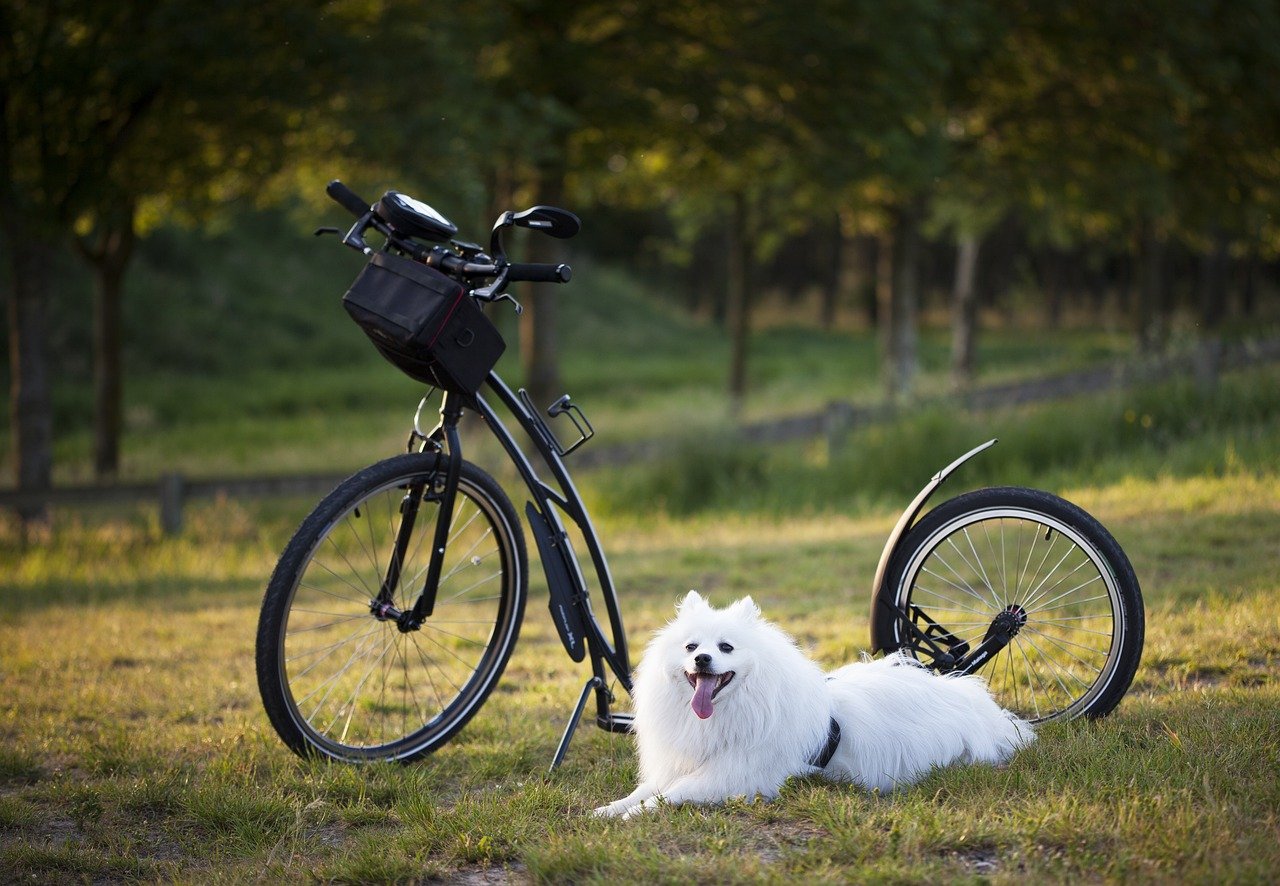Are you a proud owner of a King Doberman but finding it challenging to manage their social interactions? Look no further! In this article, we will explore the key benefits of socialization training for King Dobermans. Socialization training plays a crucial role in equipping your regal companion with the confidence and skills necessary to navigate various social settings. From enhancing their obedience to fostering positive behavior towards other animals and humans, the advantages of socialization training are boundless. Join us as we delve into the world of socialization training for King Dobermans and discover how it can significantly improve your furry friend’s life.
1. Introduction to Socialization Training for King Dobermans
Welcome to the comprehensive guide on socialization training for King Dobermans! As a proud owner of a majestic Doberman, you understand the importance of proper training and socialization to ensure your furry friend grows into a well-adjusted and confident companion. In this article, we will delve into the significance of socialization training, the benefits it offers, effective techniques to implement, finding a professional trainer, dos and don’ts of the process, integrating socialization into daily life, overcoming challenges, and the long-term impact of this training. By the end of this article, you will have a thorough understanding of how socialization training can shape your King Doberman’s behavior and strengthen your bond with them.
2. Understanding the Importance of Socialization Training
Socialization training is crucial for King Dobermans as it helps them develop the necessary skills and behaviors to navigate the world around them with confidence and ease. Let’s explore the key reasons why socialization training is essential for your beloved four-legged companion.
2.1 Building Confidence and Reducing Fear
One of the primary goals of socialization training is to build confidence in King Dobermans. By exposing them to various environments, situations, and stimuli from an early age, you can help them develop resilience and reduce fear or anxiety. Through positive experiences, your Doberman can learn to trust their surroundings and feel secure in different situations, whether it’s encountering new people, animals, or exploring unfamiliar places.
2.2 Improving Communication and Social Skills
Socialization training plays a pivotal role in improving your King Doberman’s communication and social skills. By exposing them to different people, animals, and environments, you provide them with ample opportunities to practice appropriate behaviors, such as proper greetings, body language interpretation, and understanding social cues. Effective communication skills are vital for positive interactions and a harmonious coexistence with fellow dogs and humans.
2.3 Minimizing Aggression and Fear-Based Behaviors
Proper socialization training is an effective way to minimize aggression and fear-based behaviors in King Dobermans. When exposed to a variety of people, dogs, and situations, these magnificent canines learn to adapt and respond appropriately. Through consistent and positive socialization experiences, they can overcome any potential inclination towards aggression or fear, promoting a more balanced and well-rounded temperament.
3. Benefits of Early Socialization Training
Early socialization training is crucial for King Dobermans, as it sets the foundation for their lifelong behavior and temperament. Let’s explore the specific benefits that accompany early socialization training for your furry companion.
3.1 Enhancing Adaptability to New Environments
By starting socialization training at an early age, you enable your King Doberman to become adaptable to new environments. This adaptability ensures that they can comfortably handle changes throughout their lives, reducing the chances of anxiety or stress in unfamiliar places. Whether it’s visiting new parks, traveling, or encountering novel situations, early socialization enables your Doberman to navigate these experiences with ease.
3.2 Developing a Positive Association with People and Animals
Early socialization training helps your King Doberman develop positive associations with both people and animals. By providing them with various opportunities to interact with different individuals, including children, adults, and other dogs, you pave the way for healthy and happy relationships in the future. Positive interactions in the early stages of their lives create a solid foundation for balanced social behavior as they grow into adulthood.
3.3 Stimulating Cognitive Development
Socialization training in the early stages of a King Doberman’s life also contributes to their cognitive development. By exposing them to a diverse range of stimuli, you stimulate their curiosity, problem-solving abilities, and overall mental development. This leads to improved learning capabilities, better decision-making skills, and an overall sharper mind, which are vital for their growth and well-being.
4. Socialization Training Techniques for King Dobermans
Now that we understand the importance and benefits of socialization training, let’s explore some effective techniques that can be applied to King Dobermans:
4.1 Gradual Exposure to Various Environments
When embarking on socialization training for your King Doberman, it is crucial to start with gradual exposure to various environments. Begin with familiar and controlled environments before progressively introducing them to new spaces, sounds, and situations. This incremental approach allows your Doberman to build confidence and adapt at their own pace.
4.2 Positive Reinforcement Methods
Positive reinforcement is a highly effective technique in socialization training for King Dobermans. Rewarding desired behaviors, such as calm greetings, appropriate play, and polite interactions with treats, praise, or playtime, reinforces these behaviors and encourages their repetition. This positive approach fosters a bond of trust and mutual understanding between you and your Doberman.
4.3 Controlled Social Interactions
Engaging in controlled social interactions is another vital aspect of socialization training. Organizing playdates with well-socialized dogs, attending puppy classes, or even arranging controlled encounters with other animals under supervision contributes to the development of healthy social skills in your King Doberman. By providing opportunities for positive interactions, you lay the groundwork for positive social behavior.
5. Finding a Professional Trainer for Socialization Training
While socialization training can be accomplished through dedicated effort and research, seeking assistance from a professional trainer can greatly enhance the process. Here are some key considerations when looking for a professional trainer:
5.1 Researching Qualified Dog Trainers
When searching for a professional trainer, it’s important to conduct thorough research and find someone who is qualified and experienced in working with King Dobermans. Look for trainers who have specialized knowledge in dog behavior and positive reinforcement techniques, as they will be better equipped to address the unique needs of your Doberman.
5.2 Assessing Training Approaches and Philosophy
Before selecting a trainer, assess their training approaches and philosophy. Ensure their methods align with your values and goals for your King Doberman’s socialization training. Positive reinforcement should be at the core of their techniques, promoting trust, respect, and rewarding desired behaviors.
5.3 Seeking Recommendations and Reviews
Seek recommendations and read reviews from other King Doberman owners or fellow dog enthusiasts in your community. Personal experiences and testimonials can provide valuable insights into the effectiveness and professionalism of different trainers. Gathering multiple perspectives will help you make an informed decision.
6. Socialization Training Dos and Don’ts
Whether you choose to tackle socialization training independently or with the guidance of a professional trainer, understanding the dos and don’ts of the process is crucial. Let’s explore some key considerations:
6.1 Start Early and Maintain Consistency
Starting socialization training as early as possible is highly recommended. The critical socialization period for puppies is typically between 3 and 14 weeks of age. However, don’t be discouraged if you have an adult King Doberman. Socialization training is still beneficial and can be modified to suit their age and needs. Regardless of age, consistency is key in reinforcing positive behaviors and maintaining progress throughout their life.
6.2 Avoid Overwhelming or Stressful Situations
While exposure to new experiences is essential, it’s important to avoid overwhelming or stressful situations for your King Doberman. Gradually introduce them to different environments, people, and animals, ensuring they are comfortable and not overwhelmed. Monitoring their body language and taking cues from their reactions will help you strike the right balance between socialization and stress prevention.
6.3 Do Not Use Punishment-Based Training
When it comes to socialization training, it is crucial to avoid punishment-based training methods. Punishment can lead to fear, aggression, and a breakdown of trust between you and your King Doberman. Instead, focus on positive reinforcement techniques to reward desired behaviors and redirect unwanted behaviors.
7. Integrating Socialization Training into Daily Life
To maximize the benefits of socialization training, it is essential to integrate it seamlessly into your King Doberman’s daily life. Here are some strategies to consider:
7.1 Regular Socialization Outings and Activities
Make socialization outings and activities a regular part of your King Doberman’s routine. Take them to various locations, such as parks, cafes with pet-friendly seating, or pet stores, to expose them to different environments, sights, and sounds. These outings provide valuable opportunities for your Doberman to practice their social skills with people and other animals.
7.2 Incorporating Socialization in Obedience Training
Incorporating socialization into obedience training sessions is highly effective. Teach your King Doberman basic obedience commands, such as “sit,” “stay,” or “leave it,” in different social settings. This strengthens their ability to focus and respond to commands even when distractions are present. By combining obedience training with socialization, you create a well-rounded and disciplined companion.
7.3 Engaging in Interactive Play and Socialization Exercises
Interactive play and socialization exercises are excellent ways to reinforce socialization training in a fun and engaging manner. Engage in games that encourage cooperation, problem-solving, and positive social interactions. Activities like fetch, tug-of-war, and obstacle courses allow your King Doberman to practice their social skills while enjoying quality bonding time with you.
8. Overcoming Socialization Challenges in King Dobermans
Despite the best efforts, King Dobermans may face certain challenges during socialization training. Let’s explore some common challenges and strategies to overcome them:
8.1 Fearful or Anxious Behaviors
If your King Doberman displays fearful or anxious behaviors during socialization, it’s important to address these concerns with patience and compassion. Identify the triggers causing fear or anxiety and gradually expose them at a controlled pace, ensuring positive reinforcement and rewards for progress. Consult with a professional trainer or veterinary behaviorist if the behaviors persist or worsen.
8.2 Reactivity Towards Other Dogs
Reactivity towards other dogs can pose a challenge during socialization training. In such cases, it’s crucial to implement controlled social interactions, focusing on gradually exposing your King Doberman to well-socialized dogs in controlled environments. Professional trainers can provide guidance on techniques to manage reactivity and encourage positive behavior around other dogs.
8.3 Separation Anxiety
Separation anxiety is another common challenge faced by King Dobermans. Socialization training can help alleviate separation anxiety by gradually exposing your Doberman to being alone for short periods, building up tolerance and confidence. Implementing positive reinforcement techniques during these sessions, with treats or interactive toys, can help create positive associations with alone time.
9. Continuing Socialization throughout the Dog’s Lifetime
Socialization training should not be limited to a specific phase or period in your King Doberman’s life. To ensure ongoing development and well-being, it’s essential to continue socialization throughout their lifetime. Here are some strategies to consider:
9.1 Providing Ongoing Experiences and Exposure
Continue providing your King Doberman with ongoing experiences and exposure to new environments, people, and animals. Regular outings, trips to new locations, and social interactions encourage adaptability and ensure that your Doberman remains comfortable and confident in various situations.
9.2 Revisiting Training as Needed
Revisit socialization training as needed throughout your Doberman’s life. Factors such as changes in living situations, introduction of new pets, or major life events can affect their social behavior. By periodically reinforcing socialization training and addressing any arising challenges, you can maintain a harmonious and well-adjusted companion.
9.3 Joining Dog Socialization Classes or Groups
Joining dog socialization classes or groups can be a wonderful way to enhance your King Doberman’s socialization throughout their life. These classes provide controlled environments where your Doberman can interact with other dogs, learn from their peers, and reinforce positive behaviors. Additionally, you can connect with other dog owners, share experiences, and learn from one another.
10. The Results of Socialization Training for King Dobermans
Implementing proper socialization training throughout your King Doberman’s life yields a plethora of positive outcomes. Let’s explore some of the key results you can expect to see:
10.1 Well-Adjusted and Confident Dogs
Through socialization training, your King Doberman will grow into a well-adjusted and confident dog. They will face new environments and experiences with composure, adaptability, and a positive attitude. Their ability to confidently interact with people and animals, respond to commands, and handle various situations will contribute to a well-rounded and balanced temperament.
10.2 Reduced Risk of Behavioral Issues
Socialization training significantly reduces the risk of behavioral issues in King Dobermans. By addressing fear, anxiety, and aggression early on, you minimize the chances of these negative behaviors becoming ingrained. Well-socialized dogs are less likely to exhibit aggression or fear-based responses towards people, animals, or novel environments.
10.3 Strengthened Bond with the Owner
Lastly, socialization training strengthens the bond between you and your King Doberman. Your diligent efforts in providing positive socialization experiences foster trust, mutual understanding, and clear communication. This deep connection forms the foundation for a lifelong partnership filled with love, trust, and shared experiences.
To conclude, socialization training is an integral part of raising a well-behaved and confident King Doberman. Understanding its importance, implementing effective techniques, seeking professional guidance when needed, and continuing socialization throughout their lifetime will ensure your furry companion thrives in various environments, develops strong social skills, and enjoys a harmonious bond with you. Embrace the journey of socialization training, and watch your King Doberman transform into the regal, well-rounded companion they were meant to be.



